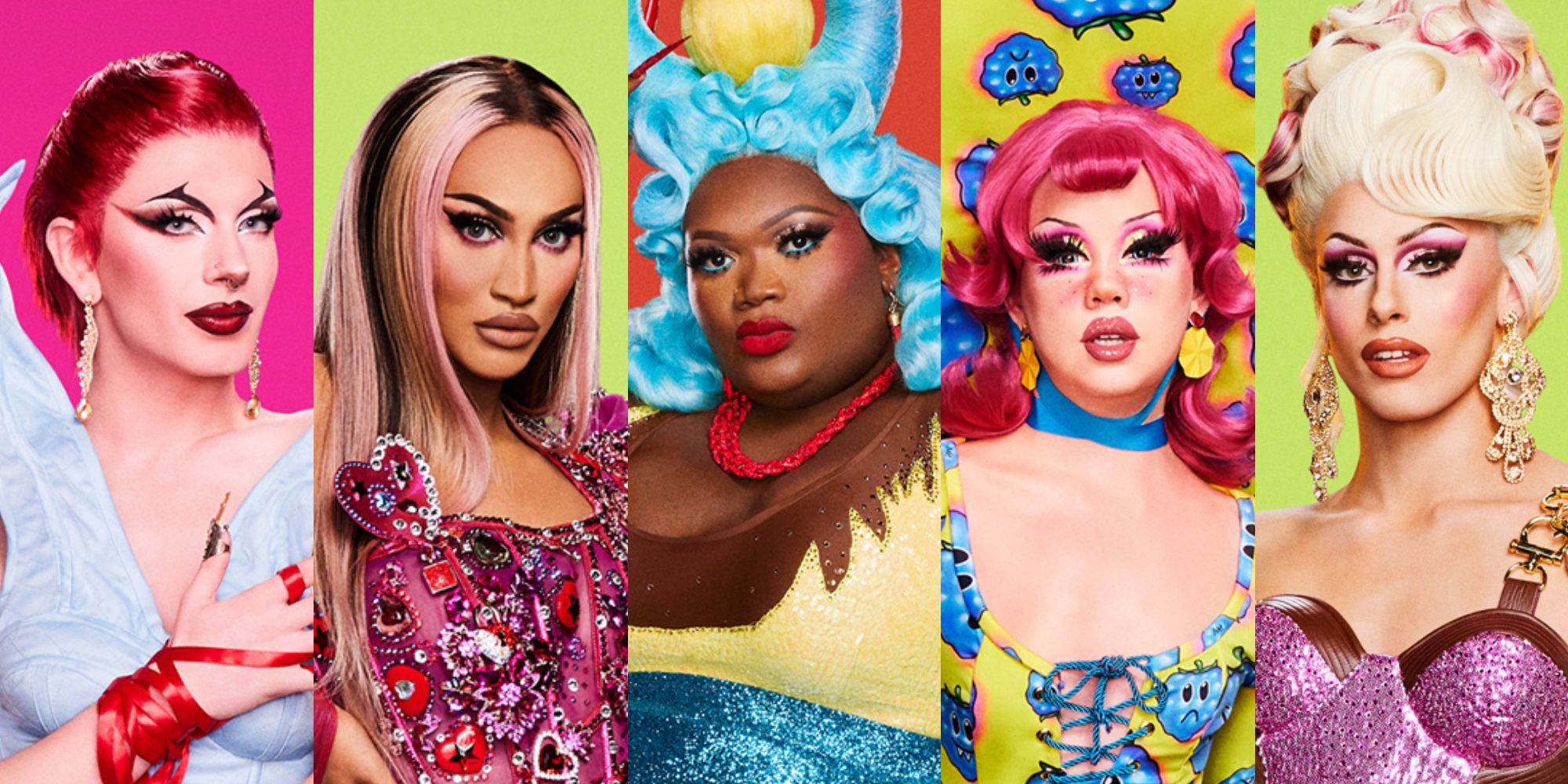Drag Race alumni have spoken out against RuPaul's lack of inclusivity toward trans queens. This has been a topic of discussion for many years, and it is one that continues to be relevant today.
Drag Race is a reality competition show that features drag queens competing in various challenges. The show has been praised for its humor, creativity, and its positive representation of the LGBTQ+ community. However, it has also been criticized for its lack of inclusivity toward trans queens.
There are a number of reasons why Drag Race alumni have criticized RuPaul's lack of inclusivity toward trans queens. One reason is that trans queens are often underrepresented on the show. In the first 11 seasons of Drag Race, only one trans queen has ever competed. This is a very small number, and it does not accurately represent the diversity of the drag community.
Another reason why Drag Race alumni have criticized RuPaul's lack of inclusivity toward trans queens is that the show often makes insensitive and transphobic jokes. In one episode, RuPaul referred to a trans queen as a "she-male." This is a derogatory term that is often used to demean and invalidate trans people.
The lack of inclusivity toward trans queens on Drag Race is a serious problem. It sends the message that trans queens are not welcome in the drag community, and it perpetuates harmful stereotypes about trans people.
Drag Race Alumni Criticize RuPaul's Conscious Exclusion of Trans Queens
In recent years, a number of Drag Race alumni have spoken out against RuPaul's lack of inclusivity toward trans queens. Some of these alumni include:
- The Age Gap Between Joe Budden And Cyn Santana A Closer Look
- Bobby Rydells Net Worth A Storied Career In Entertainment
- Sonique
- Carmen Carrera
- Monica Beverly Hillz
- Alyssa Edwards
- Bob the Drag Queen
These alumni have all spoken out about their experiences with transphobia on the show, and they have called on RuPaul to do more to create a more inclusive environment.
RuPaul's Response
RuPaul has responded to the criticism from Drag Race alumni by saying that he is "always open to learning and growing." He has also said that he is "committed to creating a more inclusive environment for all drag queens." However, some critics have argued that RuPaul's words are not enough, and that he needs to do more to address the lack of inclusivity toward trans queens on Drag Race.
The Importance of Inclusivity
It is important to remember that drag is an art form that is all about self-expression. All drag queens, regardless of their gender identity or expression, should be welcome to participate in the drag community. RuPaul's lack of inclusivity toward trans queens is a serious problem, and it is one that needs to be addressed.
We can all do our part to create a more inclusive environment for all drag queens. We can start by listening to the voices of trans queens, and by amplifying their stories. We can also challenge transphobia when we see it, and we can support organizations that are working to create a more inclusive drag community.
FAQs on Drag Race Alumni Criticizing RuPaul's Conscious Exclusion of Trans Queens
This section addresses frequently asked questions and concerns regarding the ongoing criticism from Drag Race alumni about RuPaul's lack of inclusivity towards trans queens.
Question 1: Why is this criticism significant?
This criticism is significant because it highlights the systemic exclusion and marginalization faced by trans queens within the drag community. It brings attention to the need for greater representation, visibility, and support for trans performers in the drag industry.
Question 2: What are the specific actions or statements that have drawn criticism?
Critics have pointed to RuPaul's lack of casting trans queens on Drag Race, as well as insensitive and transphobic remarks made on the show. These actions and statements have perpetuated harmful stereotypes and created a hostile environment for trans performers.
Summary:
The criticism from Drag Race alumni serves as a wake-up call for the drag community to address the ongoing exclusion of trans queens. It underscores the importance of creating an inclusive space where all drag performers, regardless of gender identity or expression, feel valued and respected.
Conclusion
The criticism from Drag Race alumni regarding RuPaul's conscious exclusion of trans queens has shed light on a crucial issue within the drag community. It has exposed the systemic barriers and prejudices that trans performers face, emphasizing the urgent need for inclusivity and representation.
Moving forward, it is imperative that the drag community takes meaningful steps to create a more welcoming and equitable space for trans queens. This includes increasing casting opportunities, fostering a culture of respect and understanding, and challenging transphobic attitudes. By embracing diversity and celebrating the unique contributions of all drag performers, the drag community can truly live up to its ideals of self-expression and acceptance.

